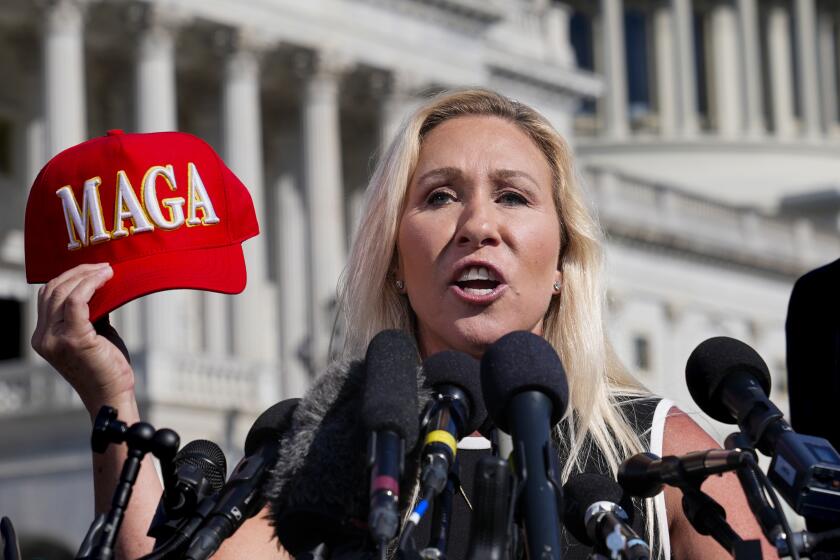Guatemala at risk
Although Guatemala abandoned military rule in 1985 and ended a civil war against leftist guerrillas in 1996, the violence that always has seemed startlingly at odds with the country’s natural beauty has not been eradicated. On the contrary, the inevitable conclusion to be drawn from the recent resignation of the chief of a U.N. commission responsible for battling crime and corruption and from a devastating report by the International Crisis Group is that the brutality is as entrenched as ever.
Spanish judge Carlos Castresana quit as head of the United Nations’ International Commission Against Impunity in Guatemala last month to protest the government’s appointment of an attorney general suspected of ties to organized crime; on his way out, Castresana accused the administration of President Alvaro Colom of failing to fulfill its responsibilities in reforming the country’s judicial system. The attorney general’s appointment has since been rescinded, and this week the U.N. named Costa Rican Atty. Gen. Francisco Dall’Anese Ruiz as the new chief of the commission, which is to complete its work in September 2011.
In the meantime, Guatemala remains one of the world’s most dangerous countries, with about 6,500 homicides in 2009, more than the annual average during the civil war and higher than the per capita rate in Mexico. Experts blame the violence on an “unholy trinity” of international drug traffickers, local crime syndicates that include current and former members of the military and security forces, and youth gangs. Mexican drug traffickers are working with, or sometimes against, local mafia; both pay off Guatemalan officials to allow them to operate, and they employ gangs such as the Mara Salvatrucha 13 to do their dirty work.
The United States understandably has focused its anti-drug, anti-crime efforts on neighboring Mexico. But the Obama administration should pay close attention to Guatemala too, which may be at more immediate risk of becoming a failed state. Organized criminal gangs appear to be in charge of vast areas of seven of the country’s 22 provinces, and to enjoy impunity. The Guatemalan congress has failed to modify or approve more than a dozen laws sought by the U.N. commission to facilitate the prosecution of criminals. While the drug-trafficking, kidnapping and money laundering businesses are flourishing, faith in the government and judicial system is not. According to a Vanderbilt University study, just 57% of Guatemalans believe that democracy is preferable to an authoritarian government. That’s bad news for Guatemala, its neighbors and the United States.
More to Read
Start your day right
Sign up for Essential California for news, features and recommendations from the L.A. Times and beyond in your inbox six days a week.
You may occasionally receive promotional content from the Los Angeles Times.






